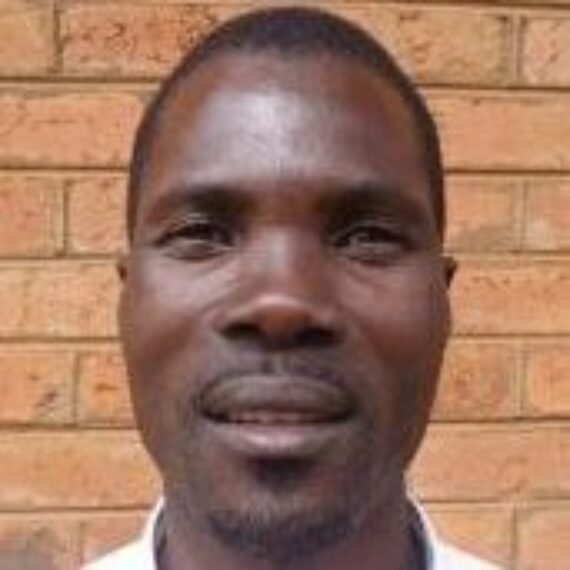In Malawi, where a majority of households are not connected to the conventional sewer system and use onsite sanitation, fueled by the increased rates of urbanization, poor Faecal Sludge Management (FSM) can be considered as an emerging concern. I joined the Mzuzu University, Centre of Excellence in Water and Sanitation as a Technical Trainer in 2012. I was trained as a Bricklayer and my previous education did not cover anything on Faecal Sludge Management. In Malawi, there is no institution offering formal education in FSM at Undergraduate level and below. Before attending the FSM (online) course, I was searching for reference material on FSM to use in training sanitation entrepreneurs. It was not easy to find all the useful information in one document until I came across the Faecal Sludge Management book. Using material from the FSM book, I have managed to deliver hands-on training in low-cost sanitation to over 100 sanitation entrepreneurs from 15 districts in Malawi. This has led to over 100 sanitation entrepreneurs in Malawi running sanitation businesses.
The impact made in building sanitation businesses motivated me to look for more knowledge in FSM. I completed the Faecal Sludge Management (online) course in August 2018. Through the course, I attained advanced knowledge in FSM including importance of faecal sludge quantification and characterization, sampling techniques, treatment and reuse options. It also acted as an eye opener and helped me to identify gaps and potential research areas in Faecal Sludge Management. I also attained expertise in sampling of faecal sludge while ensuring my own safety and that of those surrounding the site. I now more confident to share practical insights with the sanitation entrepreneurs I train on the challenges in FSM in developing countries and how they can build a sustainable FSM business.

The Faecal Sludge Management online course also helped me to develop a further interest in FSM research. Following the online course, my new area of interest is on faecal sludge reuse and nutrient recovery. I am currently supporting one of the Master of Sanitation students at Mzuzu University in a research project where we are exploring potential reuse of faecal sludge through production of briquettes which can be used as an energy source at household level. I am also keen to contribute towards identification of low-cost alternatives to fired clay bricks for use in construction of sanitation facilities in developing countries utilizing a wide range of solid waste and possibly faecal sludge. This followed a background of environmental concerns against use of fired clay bricks.
The online course has equipped me with skills which have transformed me into a useful member in our FSM research team. Following the online course, I am frequently engaged in our Centre FSM project than before. The most recent projects I have worked on include testing the strength of premade concrete slabs sold in informal markets in 2 cities in Malawi to establish if they can support pit latrine emptying operations and sampling of faecal sludge from 30 pit latrines in Mzuzu, Malawi for DNA analysis to establish if faecal sludge samples can be used as a public health indicator.
Material from the FSM book and lessons from the FSM online course and book helped me to impart useful knowledge in sanitation entrepreneurs which have seen establishment of sanitation businesses in Malawi. It has also helped in building my confidence and transformed me to become a useful member of the FSM research team at our Centre.
I now more confident to share practical insights with the sanitation entrepreneurs I train on the challenges in FSM in developing countries and how they can build a sustainable FSM business.
